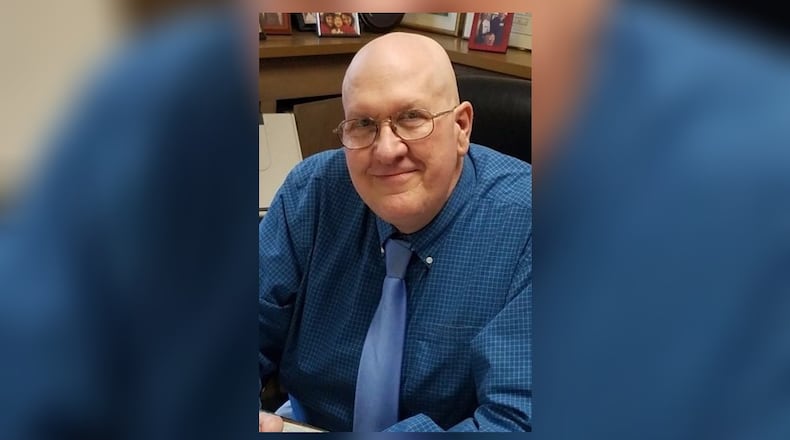I love Thanksgiving. It’s the quiet holiday, the one least cluttered, the one most likely to bring strangers together. It’s important, and I wish more retail workers were able to stay home instead of having to get a jump on Black Friday. I also admit to loving the story of the first Thanksgiving. There’s strong evidence that this was indeed a day of genuine interracial and interreligious harmony. And yet April is right. The descendants of the pilgrims eventually killed many of the tribal people who’d helped them through that first horrific winter.
But we still need that old story, don’t we? In our divided society, we need that parable and others like it that represent our desire for peaceful relations with our neighbors, however different they may be.
A webinar I helped produce led me to LaRenda, a Cheyanne Arapaho from Oklahoma. She’s a tough minded activist, well known for demanding that missing and murdered indigenous women be made a higher priority for law enforcement. LaRenda knows the terrible history of her people and she can get angry. But she got through to very resistant state legislators. As she explains it, the politicians she had to confront eventually became real to her, people who have families, who get tired at the end of the day, all of that. She now asserts they voted to pass a groundbreaking law - and these are her exact words - “out of the goodness of their hearts.” She also says she is optimistic that as society becomes more diverse “people are going to be more accepting, they’re going to recognize that everyone is a human being, that everybody matters.”
LaRenda is a force of nature, but she’s also a person of faith. She even celebrates Thanksgiving. Her optimism, in my view, is a kind of prayer that a day will come when we see others as real human beings, and not just people of another race, or political party, or social class.
The wanton killing of civilians has been displayed on our television and computer screens in what people like me call the Holy Land. We see what dehumanizing the other can lead us to. Some are telling us the election a year from now will change things – it won’t. We are the ones who have to change things. Like April, we are the ones who need to have faith in a “day where everybody seemed to know they needed each other.” I don’t see an alternative.
Happy Thanksgiving to you and yours.
John Wagner is a United Methodist pastor from Middletown who helped produce the webinar series “Stealing the Earth.”
About the Author
